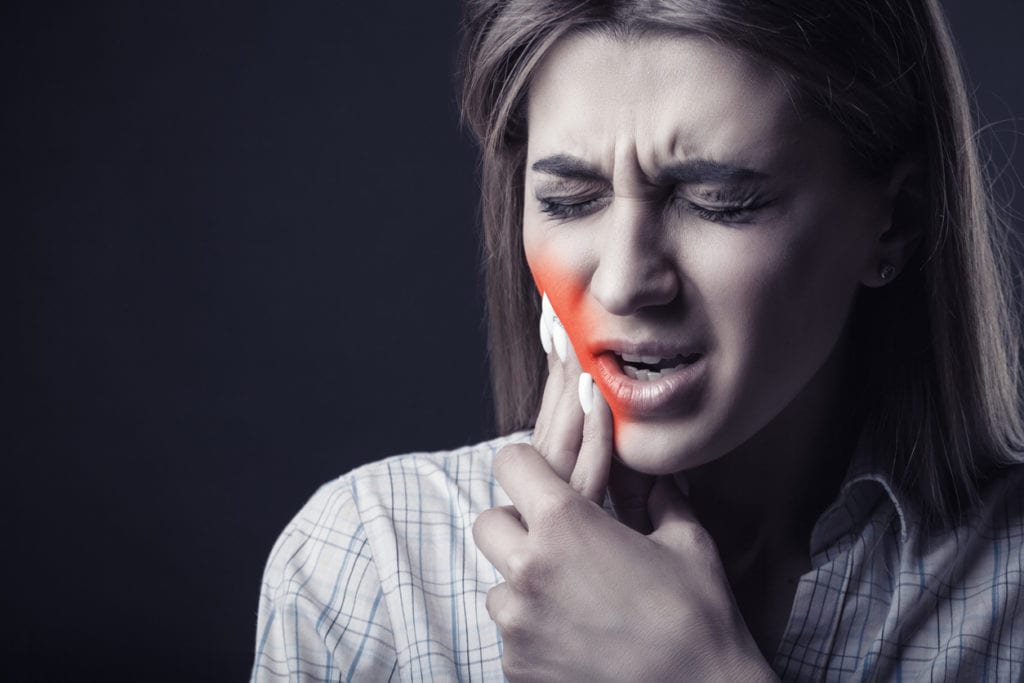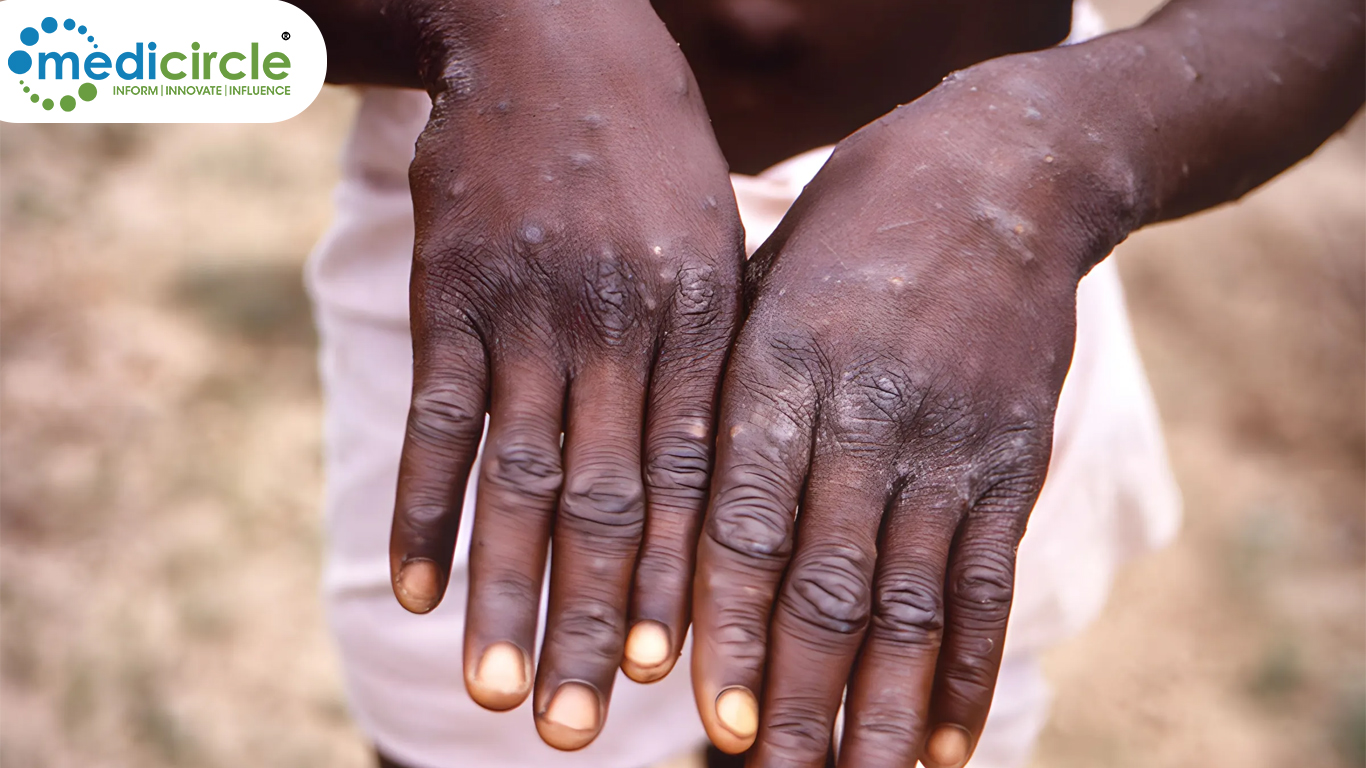Toothaches can be painful in the daytime, but they get worse at night. The first reason can be when a person is lying down, blood moves towards the head faster. This extra blood in the area can increase the pain and pressure that people feel like a toothache. Another reason can be a lesser distraction. At night there is nothing to do, so our mind is not distracted in any other work, we have nothing to focus on other than our toothache. A person may find it difficult to sleep also.
Causes
Dental abscesses Any jaw injury Adult tooth coming in Food stuck in gums or teeth Gum disease Grinding teeth at nightDecaying of the tooth is a very common reason for toothache. Decay may result building up of cavities if a person left untreated. Cavities occur when acid and bacteria break through the enamel and eat away the delicate tissue inside the tooth. This exposes the nerve resulting in mild to severe pain. Sinus infection can also be a reason for toothache in some people. This symptom occurs as an infection drain from the head. Symptoms like pain & pressure of infection can be more vigorous at night. Other reasons include –
Remedy
Painkillers - taking OTC painkillers like Ibuprofen or acetaminophen is a common way to help in mild to moderate pain. But don’t exceed the recommended dose. And still, if pain persists, it is good to see a doctor.
Saltwater Rinse – It is a common home remedy for toothache. Rinsing with salt water also helps to remove any food particles stuck in teeth or gums. It is a natural antibacterial idea and may help in reducing inflammation.
Clove – Clove contains Eugenol as the main component. It acts as an analgesic. To use it, soak cloves in water to make a paste and then apply the paste to the tooth. We can also place a single clove in between the painful tooth, slowly chewing it to relieve pain.
Cold compress – putting ice bag wrapped in a towel to the affected side of the jaw. This constricts the blood vessels and can reduce pain. This can be done in the late evening prior going to bed.
Elevation – Elevating the head with an extra pillow may relieve the pain enough to fall asleep.
Peppermint tea – Sucking peppermint tea may help temporarily relieve pain. Research shows that peppermint contains antibacterial and antioxidant. Menthol which is an active ingredient has little analgesic action also.
Hydrogen peroxide – Rinsing our mouth with hydrogen peroxide would help in reducing plaque and periodontitis. People should always dilute hydrogen peroxide with equal parts of water before using it. You can swish it in your mouth but do not swallow it. This is not suitable for children as they may accidentally swallow it.
Medicated Ointment – These ointments are available OTC as numbing gels or ointments that contains ingredient like benzocaine that numbs the area.
Garlic – Garlic contains Allicin as the main component. It has a strong antibacterial effect that kills bacteria responsible for cavities and tooth pain. Simply chewing a clove of garlic and keeping it near the tooth will help in pain.
These home remedies can provide temporary relief and not a permanent cure. If toothache lasts for longer than 2 days, it is important to visit the doctor once for full diagnosis and treatment.

 “Toothache is the result of an irritated nerve that surrounds the tooth. Biting something hard or getting something stuck in between the teeth can result in toothacheâ€
“Toothache is the result of an irritated nerve that surrounds the tooth. Biting something hard or getting something stuck in between the teeth can result in toothacheâ€









.png)
.png)









.jpeg)



.jpg)




.jpg)





.jpeg)

.jpg)


